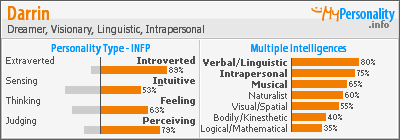Judd's life is spiraling out of control as he's recently found himself out of a job and a marriage after discovering his wife in flagrante delicto with his boss. He and his siblings-- Paul, Philip, and Wendy don't get along so the thought of spending seven days in the same house with them is at best unwelcome and at worst somewhat terrifying to Judd.
Early in the book Tropper used the following passage to beautifully capture Judd's sense of loss and resignation about his future:
I may not be old, but I'm too old to have this much nothing. I've got the double chin of a stranger in photographs, the incipient swell of love handles just above my hips, and I'm pretty sure that my hairline, the one boundary I've always been able to count on, is starting to creep back on me when I'm not looking, because every so often my fingers discover some fresh topography on my upper forehead. To have nothing when you're twenty is cool, it's expected, but to have nothing when you're halfway to seventy, softening and widening on a daily basis, is something altogether different. It's like setting out to drive cross-country without any gas money. I will look back on this time and see it as the start of a slow process that ends with me dying alone after living out my days in an empty apartment with only the television and a slow, waddling dog to keep me company, the kind of place that will smell stale to visitors, but not to me, since the stale thing will be me. And I can feel that miserable future hurtling toward me at high speed, thundering across the plains in a cloud of dust like a wildebeest stampede.
What makes Tropper so enjoyable to read is that his characters are real and the endings instead of being happy, per se, leave his characters in a place where they have a resolution and/or realization about their past with a possibility, but not a guarantee of happiness in their futures. And I can't help but love a line like, "I may not be old, but I'm too old to have this much nothing."


No comments:
Post a Comment